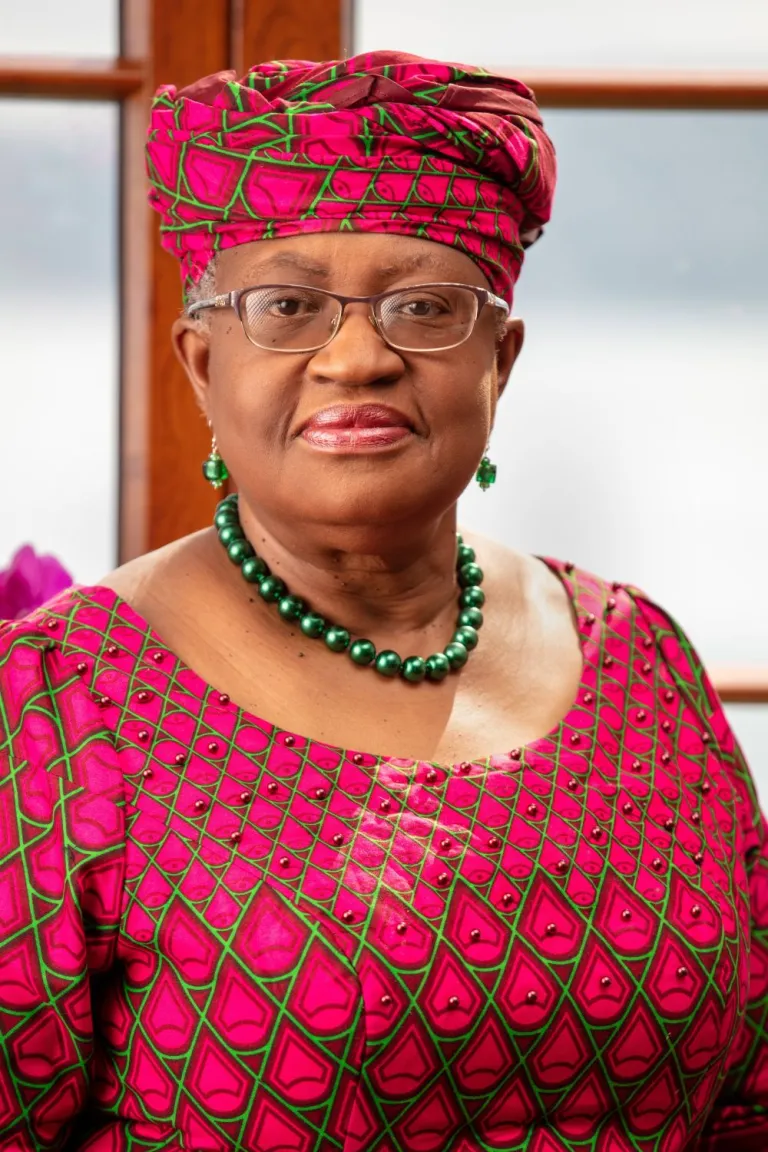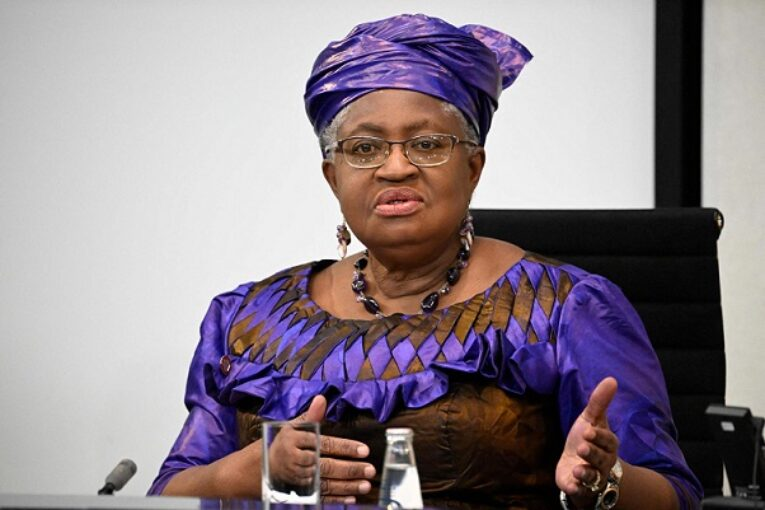When the name Ngozi Okonjo-Iweala is mentioned, it evokes thoughts of leadership, resilience, and groundbreaking achievements. As the first woman and first African to serve as Director-General of the World Trade Organization (WTO), she has not only broken barriers but also set the pace for global economic reform. Her illustrious career spans decades of public service and international finance, where she has made significant contributions to both Nigeria and the world at large.
A Stellar Academic Background
Born on June 13, 1954, in Ogwashi-Uku, Delta State, Nigeria, Ngozi Okonjo-Iweala was raised in a family that valued education. She pursued her studies at Harvard University, where she graduated with an AB in Economics in 1976, before earning a PhD in Regional Economics and Development from the Massachusetts Institute of Technology (MIT) in 1981.
Her academic background laid a strong foundation for her future roles in global economics and governance. With a blend of intelligence and pragmatism, she carved a niche for herself in a male-dominated field, becoming an inspiration to many young Africans.
A Trailblazing Career in Finance and Development
Okonjo-Iweala’s journey to prominence began with her stellar 25-year career at the World Bank, where she rose to the position of Managing Director. In that capacity, she spearheaded several projects aimed at reducing poverty in developing countries, while also reforming financial systems. Her extensive experience at the World Bank built her reputation as a global economic strategist.
However, her most defining role came when she returned to her home country of Nigeria to serve as Minister of Finance, a position she held twice (2003-2006, 2011-2015). During her tenure, Okonjo-Iweala implemented significant economic reforms that helped stabilize Nigeria’s finances. She is most famously credited with negotiating a $30 billion debt relief deal for Nigeria in 2005, reducing the country’s external debt and freeing up resources for development projects.
Nigeria’s Economic Transformation
Her impact on Nigeria’s economy cannot be overstated. During her time as Minister of Finance, she focused on transparency and accountability, particularly in the management of oil revenues, which were crucial to Nigeria’s economy. She introduced the Treasury Single Account (TSA), which centralized government revenue into one account, preventing leakages and improving oversight.
Under her leadership, Nigeria also launched the YouWin! program, aimed at supporting youth entrepreneurs through grants and mentorship, which generated thousands of jobs. Her efforts in fiscal policy, budget management, and investment climate improvement helped Nigeria become one of the fastest-growing economies in Africa at the time.
The Fight Against Corruption
Okonjo-Iweala has always been a strong advocate for fighting corruption, a problem that has long plagued Nigeria’s governance system. Her reforms in the finance ministry introduced measures to curb graft, ensuring that public funds were more effectively used for development purposes. Her efforts made her a target for threats and criticisms from those benefiting from the status quo, but she remained undeterred.
In fact, during her second term as Finance Minister, she faced numerous personal risks. Her 83-year-old mother was kidnapped in 2012, in an apparent attempt to force her to resign from the cabinet and halt her reforms. The situation was resolved with her mother’s release, but this event highlighted the dangers she faced as a reformer.
Making Global History at the World Trade Organization
In 2021, Ngozi Okonjo-Iweala shattered yet another glass ceiling when she became the Director-General of the World Trade Organization (WTO), making history as the first woman and the first African to hold the position. Her appointment came at a crucial time as the world grappled with the economic effects of the COVID-19 pandemic.
At the helm of the WTO, she has been pushing for reforms to ensure that global trade is more inclusive, sustainable, and beneficial to developing nations. Her leadership has focused on addressing supply chain disruptions, easing vaccine distribution through trade, and reforming outdated trade practices to meet modern economic realities.
A Global Advocate for Development
Ngozi Okonjo-Iweala’s influence stretches far beyond Nigeria and the WTO. She has served on numerous international boards and organizations, including the Global Alliance for Vaccines and Immunization (GAVI), where she led efforts to bring vaccines to poorer nations. She is also a member of the African Union’s COVID-19 response team, demonstrating her commitment to global health and economic equity.
Her work has earned her several accolades, including being listed among Time Magazine's 100 Most Influential People multiple times and receiving numerous honorary doctorates from top universities worldwide. Okonjo-Iweala continues to be a global voice for financial integrity, economic development, and the empowerment of marginalized communities.
A Lasting Legacy
Ngozi Okonjo-Iweala’s contributions to global trade and Nigeria’s economic growth have left a lasting legacy. She is a role model for young women and men across the continent, showing that with hard work, resilience, and a commitment to service, anyone can make a profound impact. Her life's work has been one of dedication to public service, fighting for economic justice, and ensuring that countries like Nigeria can thrive in the global arena.
As she continues to shape the world of trade, Ngozi Okonjo-Iweala’s legacy as a trailblazer and a force for positive change will remain a source of inspiration for generations to come.



Comments
Post a Comment